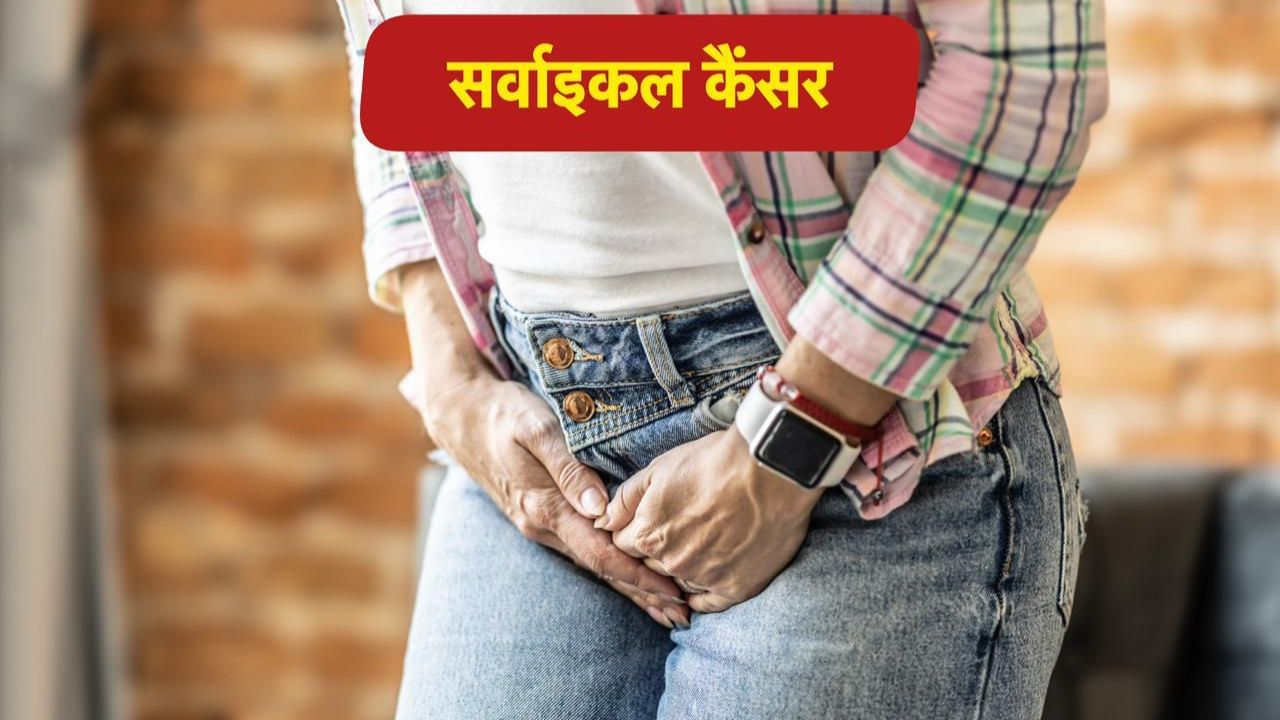Symptoms of Cervical CancerImage Credit source: Getty Images
Cervical Cancer: Cervical cancer occurs in the lower part of the uterus, i.e. the cervix, which connects the uterus to the vagina. This is one of the most common cancers in women. According to WHO reportEvery year, about 6 lakh new women around the world are affected by this disease and about 3.5 lakh die. In India, it is the second most common cancer found in women. It is mostly seen in women aged 30 to 50, especially those who have not received the HPV vaccine or have not had regular Pap smear tests. It can be completely cured if identified in the early stages.
cervical cancer There are mainly two types: squamous cell carcinoma and adenocarcinoma. Squamous cell carcinoma develops in cells on the outer surface of the cervix, while adenocarcinoma develops in cells of the inner glands. Among its main causes, HPV (Human Papilloma Virus) infection is the most prominent. Apart from this, unsafe intercourse, smoking, weak immune system, having intercourse at a very young age and having more than one partner also increase the risk.
What are the three major symptoms of cervical cancer in women?
Dr. Saloni Chadha, Assistant Professor at RML Hospital She says that the initial symptoms of cervical cancer often feel like a common infection, but taking them lightly can be dangerous. Its three main symptoms are first, abnormal vaginal bleeding, which can occur suddenly between periods, after intercourse or after menopause. Second, abnormal discharge, which may often be smelly, watery, or slightly blood-tinged. Third, pain in the pelvic area or pain during intercourse, which increases with time and a constant feeling of heaviness in the lower abdomen.
Apart from this, weakness, loss of weight, pain in back or legs, burning sensation while urinating or frequent urination can also be other signs. When cancer starts growing, these symptoms become serious. Therefore, if such a problem persists, it is important to immediately consult a doctor, because it can be completely cured by treatment in the initial stage.
How to protect?
Get HPV vaccine between the ages of 9 to 26 years. It is considered the most effective.
Get a Pap smear test done every 3 years.
Avoid unsafe intercourse.
Do not smoke and consume alcohol.
Pay attention to healthy diet and cleanliness.
Do not ignore any unusual symptoms.
